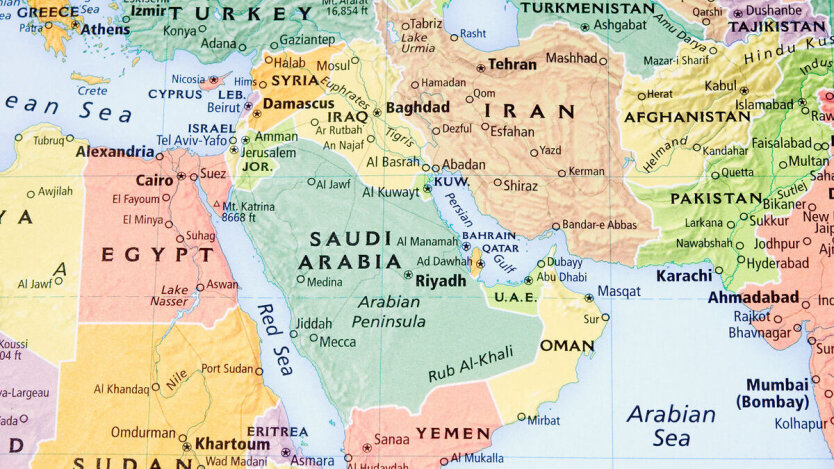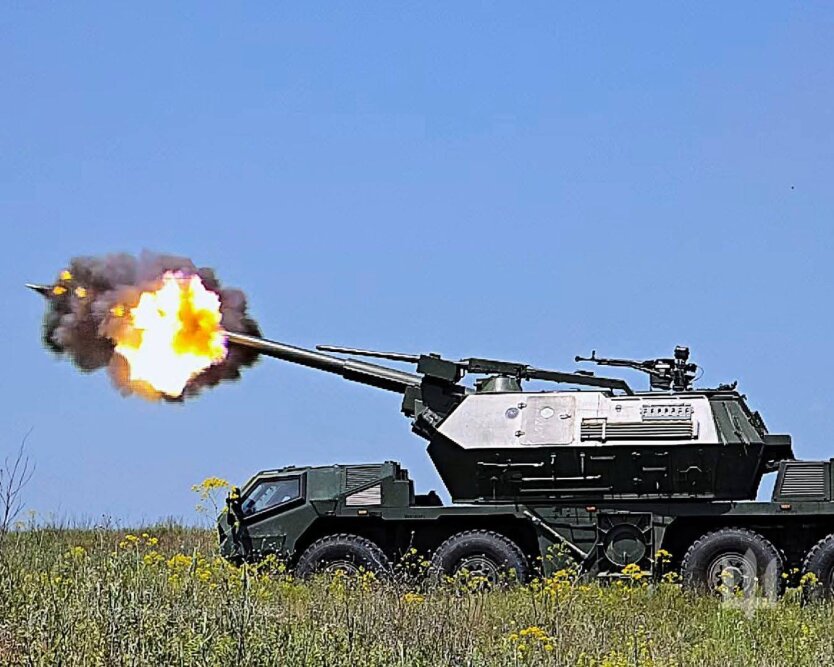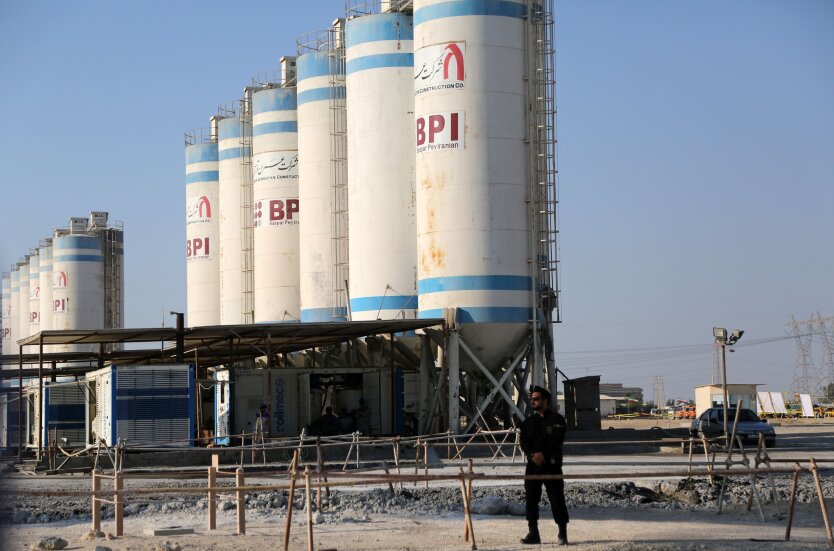The Change of Power in Syria Creates Risks of New Wars in the Middle East - Media.


The fall of Bashar al-Assad's dictatorship in Syria is leading to the creation of a dangerous vacuum in the Middle East, reminiscent of the overthrow of regimes in Libya and Iraq. After the euphoria associated with the removal of the rulers of both countries, even greater instability ensued.
According to Bloomberg, Bashar al-Assad tried to hold on until the last moment, sending signals for help to various countries, including Donald Trump. However, he received a refusal from former allies and enemies. Even Russia, which previously rescued him, offered only asylum, while Iran turned away, blaming him for the problems.
This transitional period will be accompanied by chaos and conflicts in Syria. The country has already been divided into enclaves and spheres of influence for ten years.
The process of Assad's downfall after more than fifty years of his family's rule was swift. Rebels captured key cities and approached the capital, Damascus.
Russia, which has military bases in Syria, may try to protect its interests, but is currently occupied with the war in Ukraine. Iran is also weakened after recent attacks on Israel. However, Arab officials do not expect the Islamic Republic to relinquish its influence in Syria without a fight.
Currently, many things remain uncertain, including the formation of a new government in Syria and whether it will be able to manage the war-torn country.
An advisor to the President of the United Arab Emirates warns of threats to Syria's territorial integrity and the 'spiral of chaos and violence' in the Arab world. Saudi Arabia also warns of the threat of 'chaos and division.'
Furthermore, Turkey may take advantage of opportunities after the fall of Assad's regime to return tens of millions of Syrian refugees to their homeland.
Read also
- Orks-once attack Siversk: military on the change of the enemy's assault tactics
- Do the Territorial Recruitment Centers Violate the Law? The Ground Forces Showed Statistics
- Ukrainian commander revealed details of the new strategy of the occupiers near Pokrovsk
- The IAEA made a disturbing forecast regarding uranium enrichment in Iran
- Russians are preparing for new provocations in sensitive areas - intelligence
- Russians are storming a key settlement in Zaporizhzhia - Defense Forces










